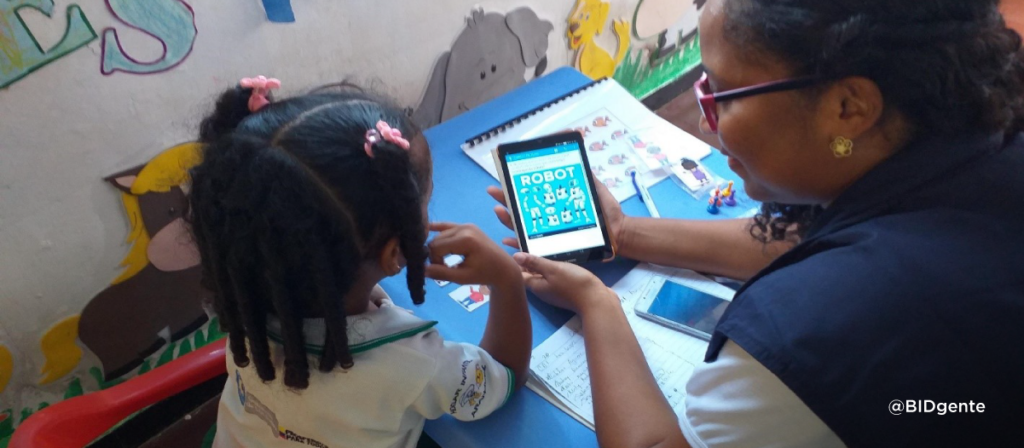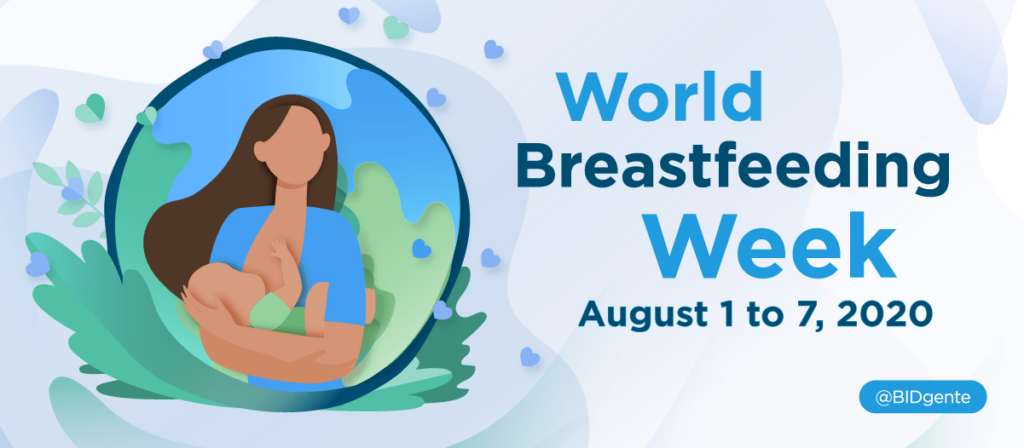Many of the world’s school systems struggle to monitor student learning even in the best of times. As face-to-face learning assessments ceased because of pandemic-related lockdowns, school systems were left in the dark about the impact of school-closures and distance education on student learning and the development of gaps. Absent hard data on learning, school systems are … [Read more...] about Can you assess early childhood development remotely? Distance assessment of preschoolers
Four benefits of play to enhance child development
The COVID-19 pandemic has generated an unprecedented disruption to family routines. Parents and caregivers around the world face uncertainty, overwhelming stress, and wonder what the consequences will be for young children. This situation has multiple negative effects on the development of children under five years of age, including higher levels of stress and less access … [Read more...] about Four benefits of play to enhance child development
Protecting the Mental Health of Children during the COVID-19 Pandemic (and beyond). Communication is Key.
Against a backdrop of almost 13 million cases of COVID-19, an urgent global priority must be the mental health of children, who make up 42% of our world’s population. Children have witnessed the devastating rates of infection and death, restrictions on their day to day life, and preoccupation of their parents and communities about the implications of the pandemic. So … [Read more...] about Protecting the Mental Health of Children during the COVID-19 Pandemic (and beyond). Communication is Key.
Breastfeeding – Eco-Bio-Logical behaviour- more vital than ever for the future of our children and the planet?
In the face of the COVID-19 pandemic, the world is shaken at its core. Yet, the pandemic also had unexpected positive outcomes: carbon dioxide emissions decreased and people from around the world witnessed the benefits of having a cleaner environment. In a time when protecting biodiversity, mother earth and future generations has become fundamental, essential animal … [Read more...] about Breastfeeding – Eco-Bio-Logical behaviour- more vital than ever for the future of our children and the planet?
What’s the status of the global agenda on child development measurement for very young children?
The COVID-19 pandemic has brought unprecedented challenges and new perspectives for early childhood agendas, including efforts to measure children’s development, which are more pressing now than ever. This post gives an update on some of these efforts in the midst of the emergency. In addition, we introduce an innovative child development curve that uses a common scale for all … [Read more...] about What’s the status of the global agenda on child development measurement for very young children?





